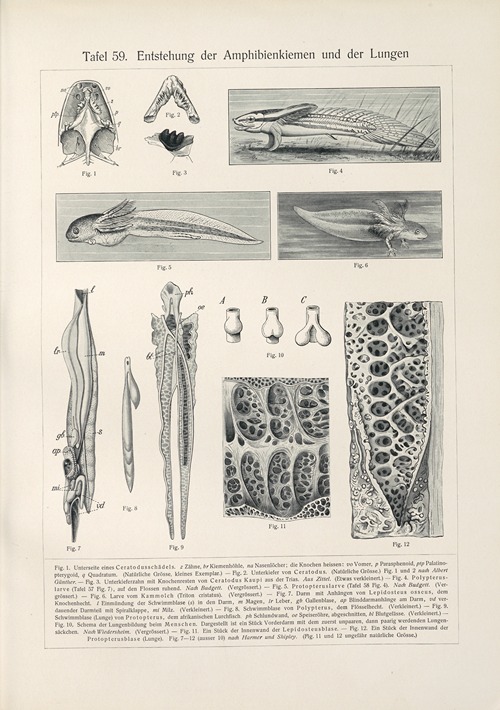
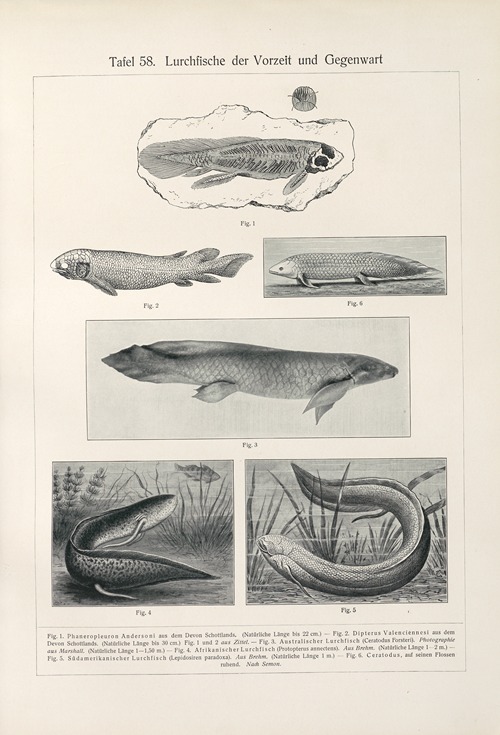
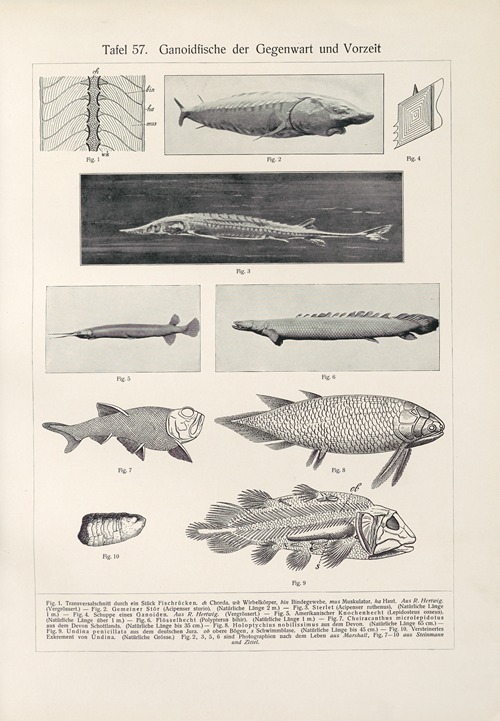
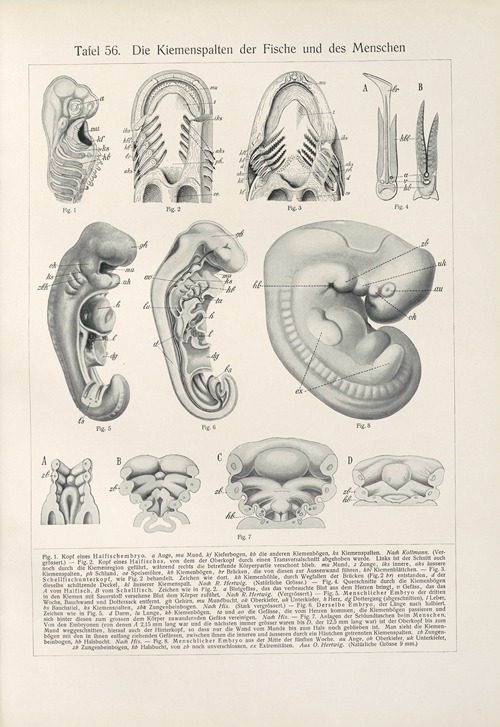
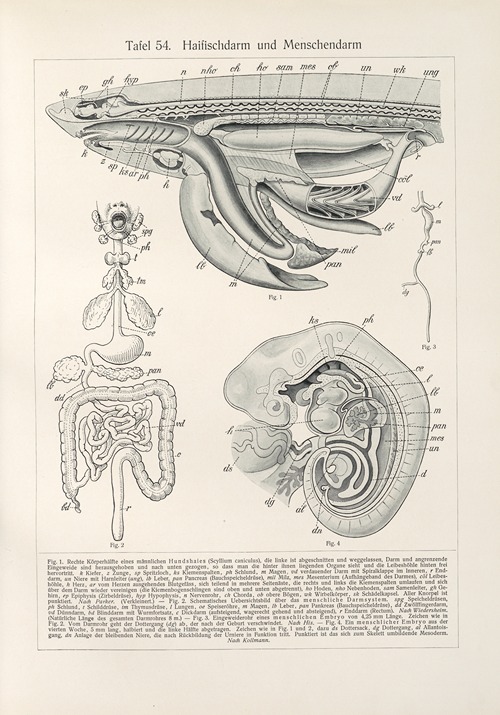
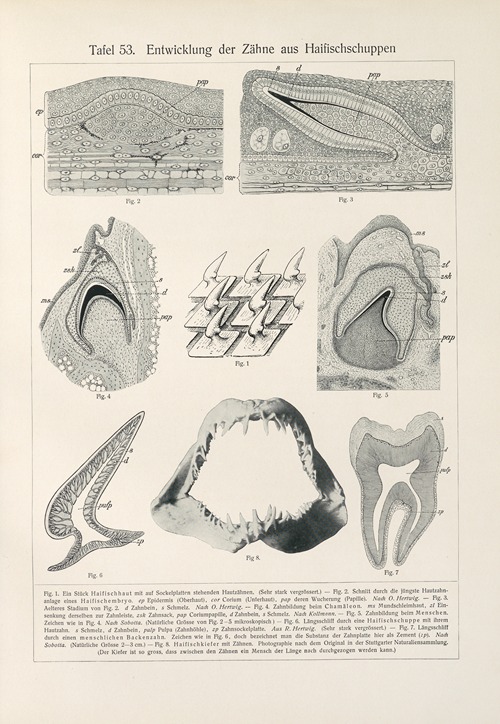
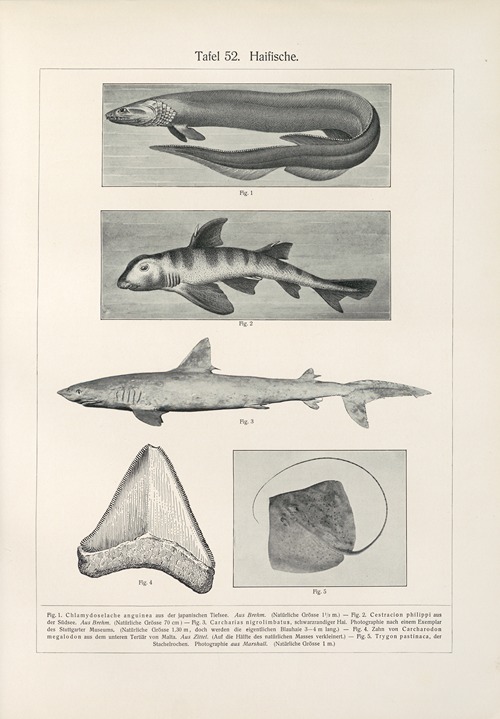
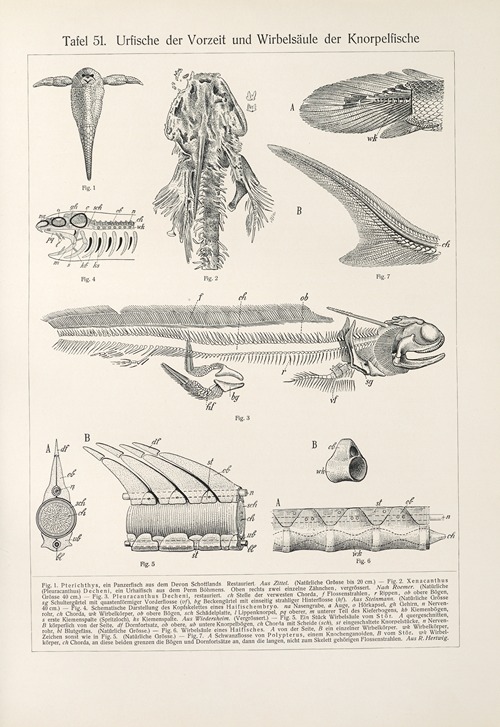
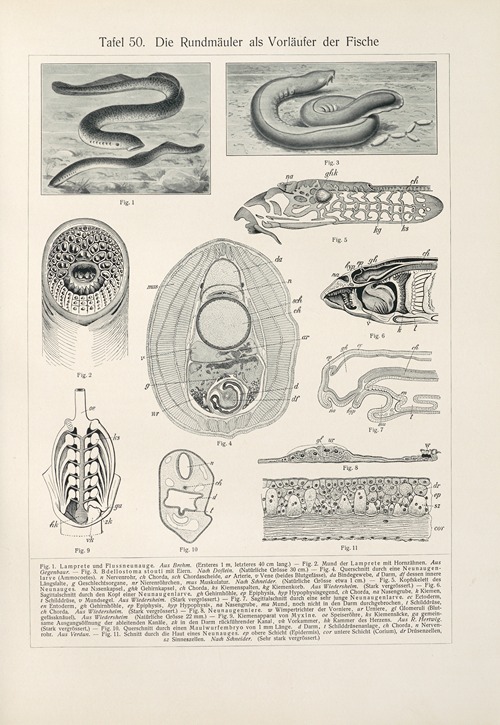
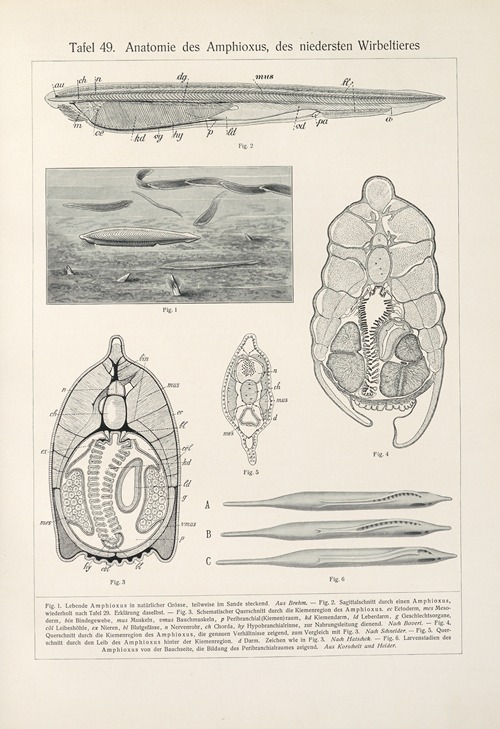
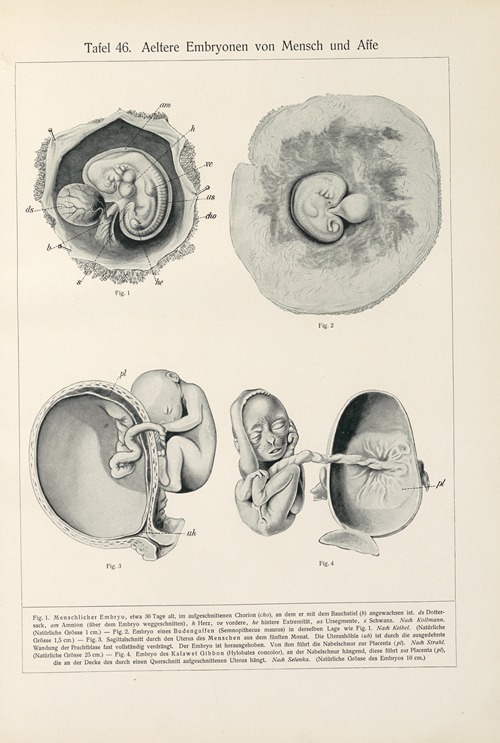
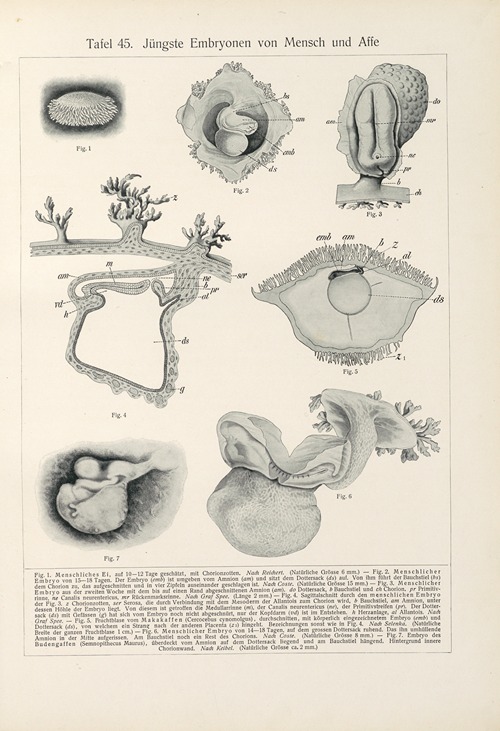
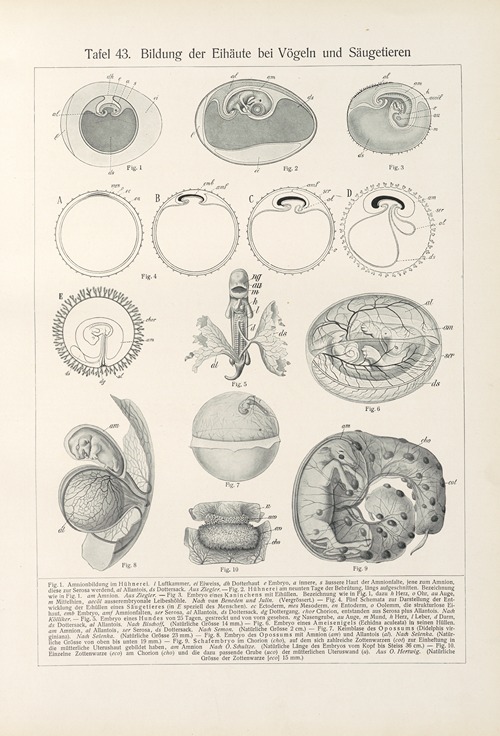
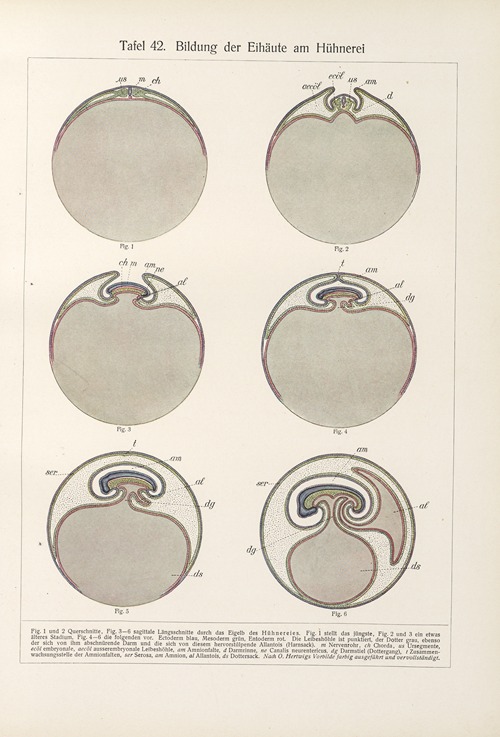
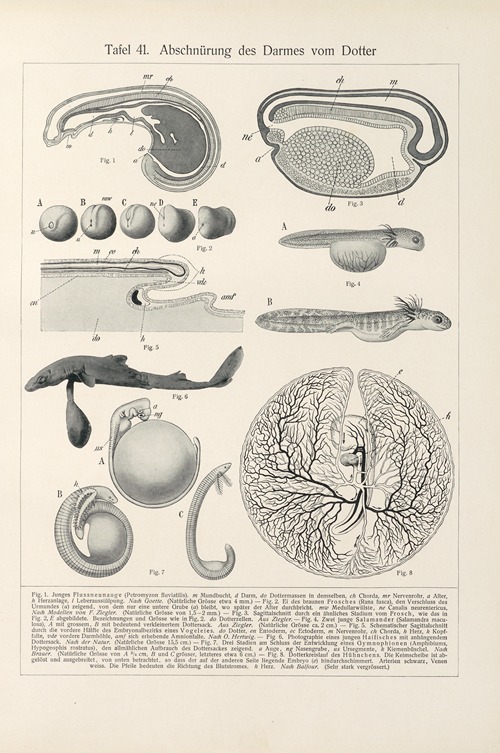
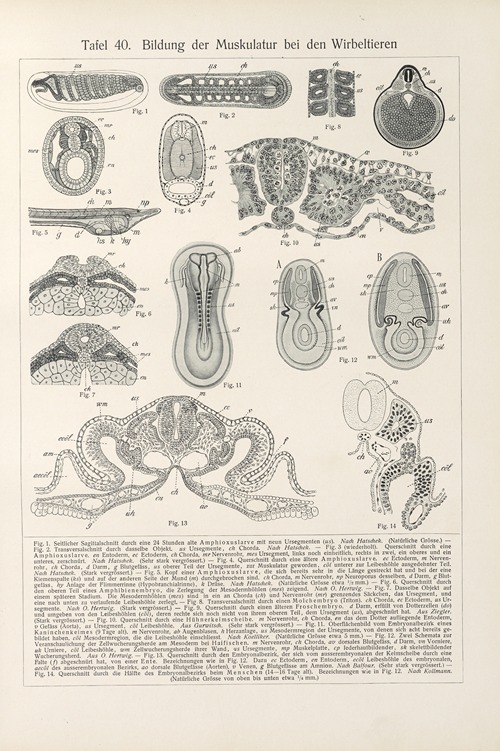
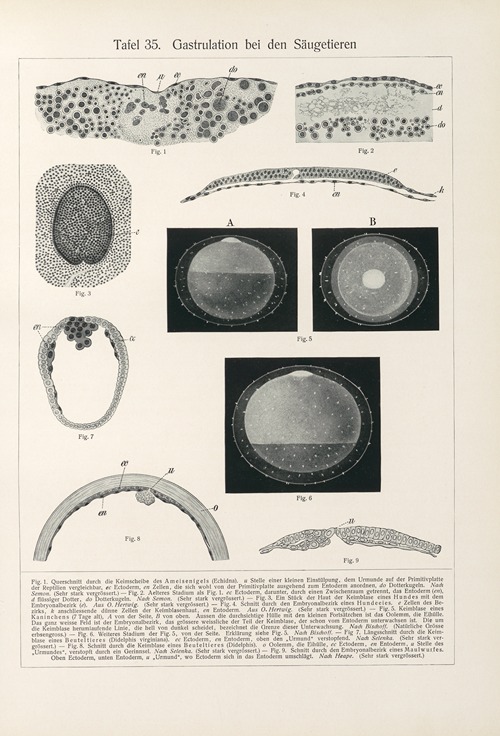
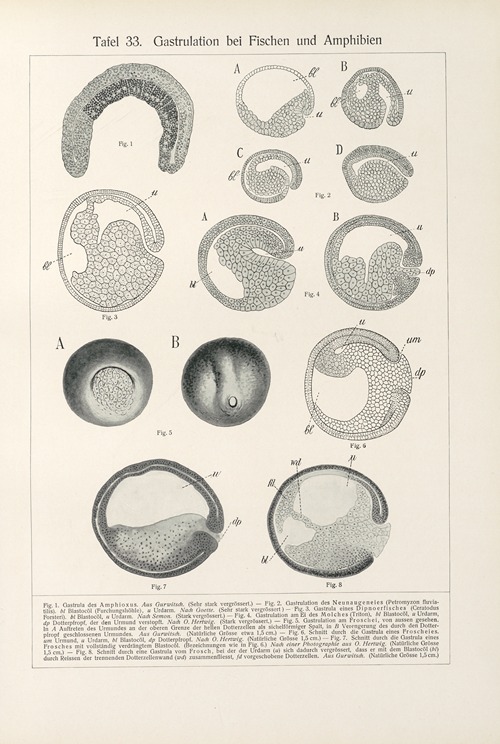
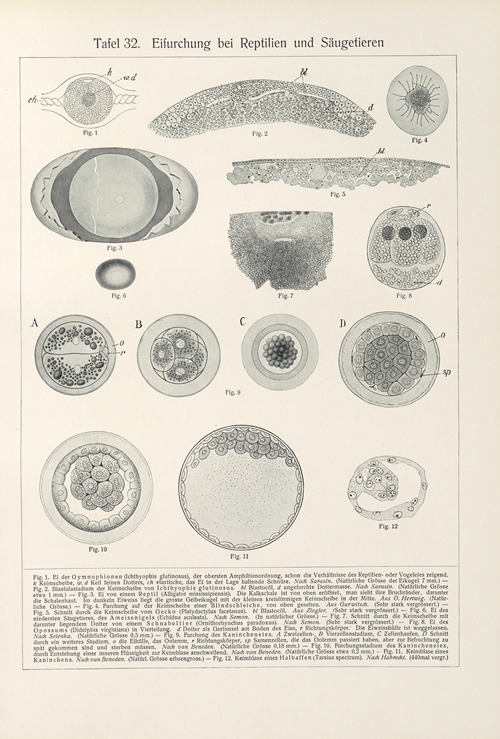
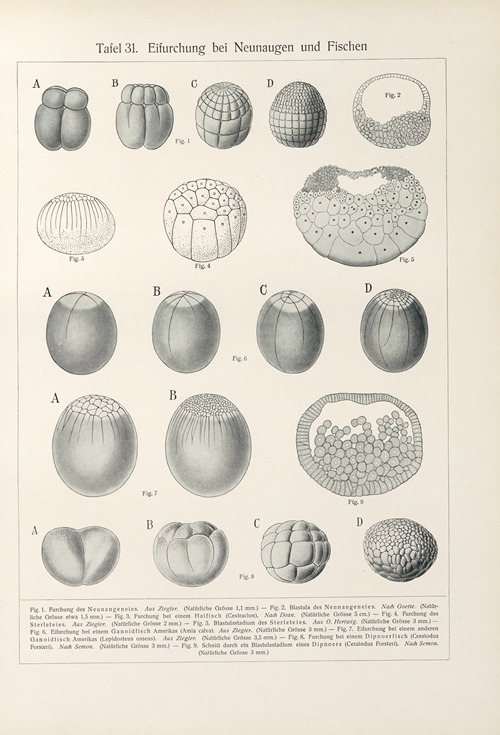
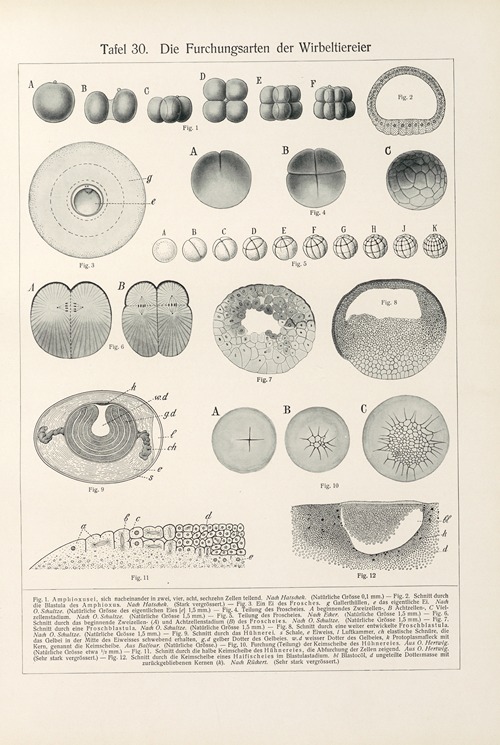


Konrad Guenther was a German zoologist, university professor, and one of the pioneers of the nature conservation movement.
Guenther, the son of an East Prussian father and a Baltic mother, began studying natural sciences in 1896. Guenther studied in Bonn, Leipzig, and Freiburg from 1896 to 1899, where he earned his doctorate in zoology in 1900 under August Weismann with a thesis on the fine structure of butterfly wings. Guenther then undertook several trips outside Europe, became an assistant at the Zoological Institute of the University of Freiburg, and habilitated there in 1902 with a thesis on maturation processes in sea urchin eggs and a public lecture on bird migration. At the University of Freiburg, he initially lectured as a private lecturer, then from 1913 as an associate professor until the beginning of World War II, with interruptions for his research trips.
In addition to his work at the university, he was honorary director of the Natural History Museum of the City of Freiburg from 1919 to 1934.
Through his marriage to Eva Fehsenfeld in 1902, Guenther became the son-in-law of Freiburg-based Karl May publisher Friedrich Ernst Fehsenfeld. He is the father of paleontologist Ekke Wolfgang Guenther.




















